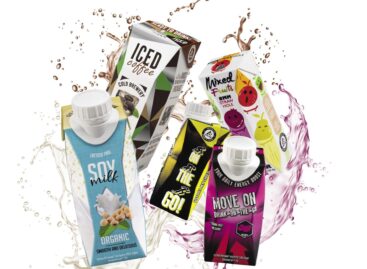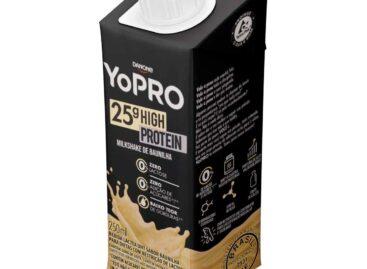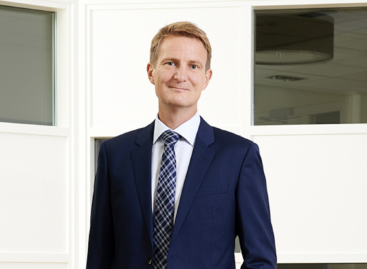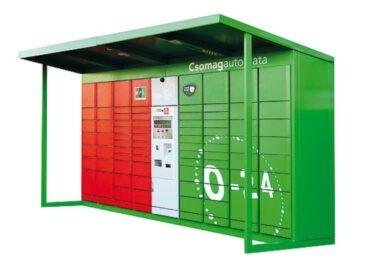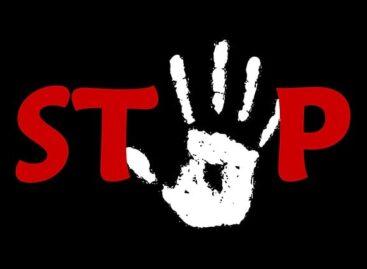Stora Enso and Tetra Pak to explore the building of a recycling line for used beverage cartons
Stora Enso and Tetra Pak are joining forces to explore the possibility of building a new recycling line to significantly increase the recycling of used beverage cartons in Central and Eastern Europe.
The two partners are initiating a feasibility study to assess the viability of building a large-scale recycling line for Used Beverage Cartons (UBC) at Stora Enso’s Ostrołęka Mill in Poland. In the model Stora Enso would pulp and separate the fibers from used beverage cartons at its Ostrołęka Mill and use the recycled fibres as a raw material, while Tetra Pak would secure the recycling and reuse of polymers and aluminium which shall be processed by a dedicated partner. If realised, the annual capacity of the new recycling line would be 50 000 tonnes of UBC. This would be a significant increase in recycling capacity for beverage cartons across Europe, boosting the European beverage carton recycling rate from the current 51%. In the first stage the recycled post-consumer beverage carton material would come from countries in Central and Eastern Europe.
“A new line would be the next step in the circularity of packaging materials, in helping make our customers’ brands circular. Beverage cartons are widely recycled in Europe today and we want to use our knowledge of fibers and board to promote and accelerate the recycling and collection of beverage carton materials. Our process at Ostrołęka Mill already uses recycled (OCC) materials. We are interested in developing the already well functioning recycling system and using high-quality UBC fibers,” says Markku Luoto, VP LPB Aseptic and CUK, Stora Enso.
“Working with partners along the value chain is our number one priority when it comes to driving collection and recycling of used beverage cartons. We are confident that this partnership will allow us to improve Europe’s recycling infrastructure and further increase the recycling rate of UBC in the region. It is through synergies like this one that we will be able to lead the sustainability transformation and achieve a low-carbon circular economy,” says Guillaume Latourrette, Managing Director, Tetra Pak East Europe.
The feasibility study is expected to be completed in six months, after which the possible decisions about the project and timeline would be confirmed.
Related news
Take wherever you wish: sustainable packaging for active consumers
On-the-go foods made for active consumers are conquering shops, as…
Read more >Danone moves part of yogurt drinks production to Romania
The Tetra Pak format of the YoPro drinks is now…
Read more >Tetra Pak has announced that Alex Henriksen will be the managing director of the Eastern European region
Tetra Pak, one of the world’s leading food processing and…
Read more >Related news
The Joy of Giving! – SPAR stores collect non-perishable food for people in need
The Hungarian Maltese Charity Service and SPAR Hungary have launched…
Read more >Price increase at Magyar Posta: this is how much the most common postal services will cost in 2025
Magyar Posta’s goal remains to provide its services efficiently and…
Read more >Nébih: LPP Hungary Kft. has recalled a ceramic bowl with a reindeer motif
The SINSAY brand ceramic bowl with a reindeer motif is…
Read more >
